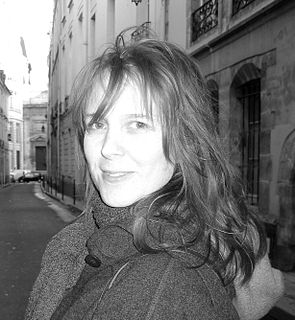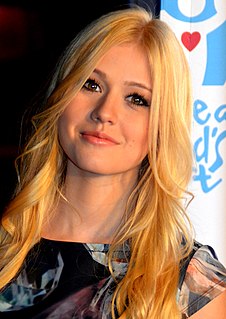A Quote by Vikas Swarup
All I can say is that I am not one of those writers who want 100% of their book in the film. I recognize that film is a different medium and the filmmaker must have the right to bring some new elements to the table, provided the soul of the book is preserved.
Related Quotes
It's one of those things where the book has all these stars that burn really bright that you hang onto and they're all saying, 'This is The Girl on the Train experience.' All those stars or hooks needed to be in the film, but sometimes they needed to be a bit different. It's important when adapting such a popular book to hit all those points but also break out expectations without slaughtering the book. And that was, for me, the joy of adapting the book.
I want my books to exist in the literary world, not only in the art world. I am interested in having a dialogue with other writers, and the readers of those writers. Someone who is reading a book of mine might not have visited my exhibitions related to it, but can still have a full, literary experience with that book. This would be a completely different experience from stepping into the show, not having read the book. One form is not illustrative of the other.
African films should be thought of as offering as many different points of view as the film of any other different continent. Nobody would say that French film is all European film, or Italian film is all European film. And in the same way that those places have different filmmakers that speak to different issues, all the countries in Africa have that too.
A film, since it is primarily a visual medium, should really be like a silent film. You should be able to watch something and understand what was going on and use voice when you need to communicate something you can't necessarily communicate visually. The book is the opposite. The book is an inner monologue which is beautiful.
What's great is that each medium has a unique set of things that it does and does well. Film is a visual medium, and obviously, you can't fit a whole book into two hours unless you're really economical about it. Obviously, they say a picture is worth a thousand words, and on some level, it's sort of true.
Film’s thought of as a director’s medium because the director creates the end product that appears on the screen. It’s that stupid auteur theory again, that the director is the author of the film. But what does the director shoot-the telephone book? Writers became much more important when sound came in, but they’ve had to put up a valiant fight to get the credit they deserve.





































